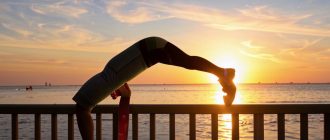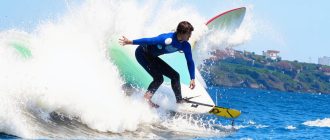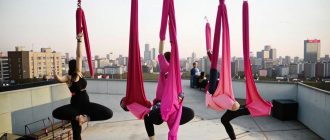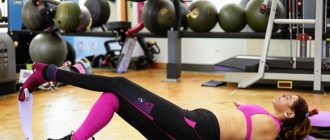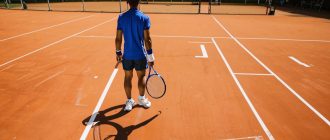– Alla, tell me, what does the word “sport” mean to you?
– For me, sport is a kind of religion, if I may say so. And for many people who are connected with it in one way or another. And I don’t even take professionals as an example, sport is a religion for all people who follow their health and lead an active lifestyle. It is impossible to do sport and not notice how it gradually becomes your life step by step.
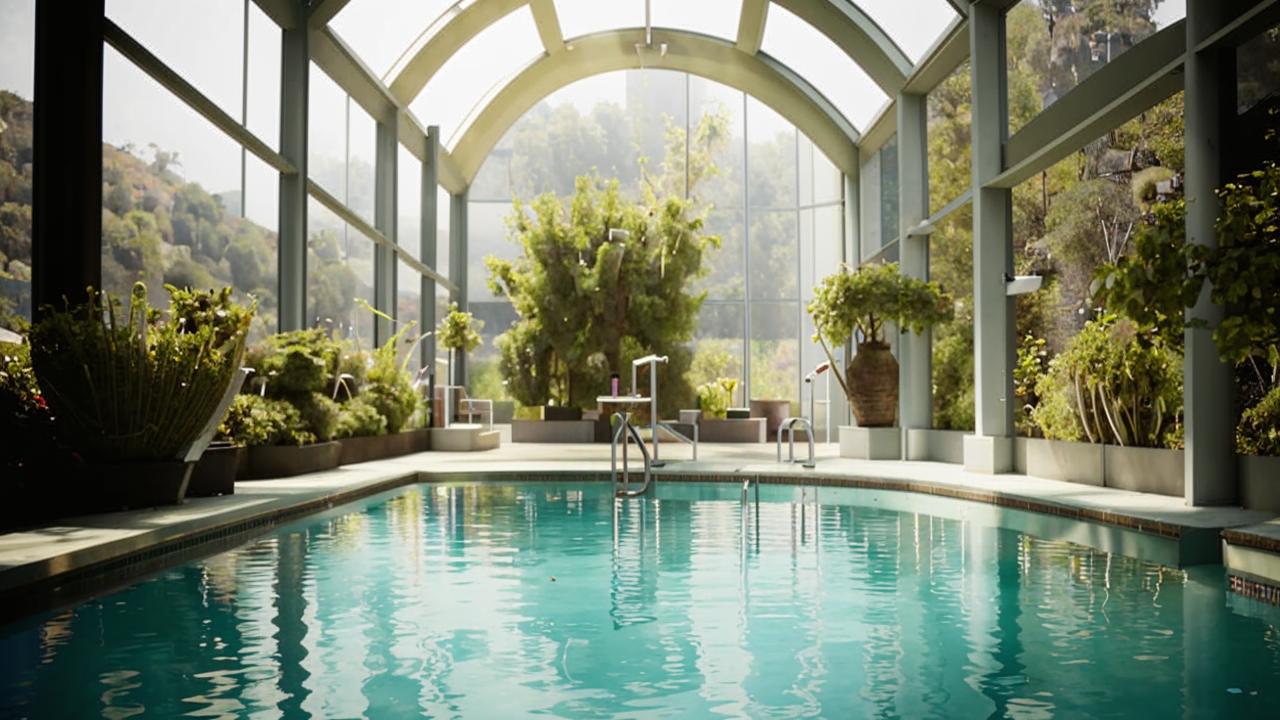
– Do you have any motto or favorite phrase that reflects your attitude to life?
-Luck is just an illusion. There is a lot of work and hard work behind the seeming luck. No one knows how much effort is really behind any of your achievements: the first line of the pedestal or a breakthrough in science, in art, and even in ordinary everyday life.
When I was seven years old, I decided that dancing underwater was my thing.
– Why synchronized swimming?
– I chose and it’s amazing that a child of 7 years old chose it himself. I really liked it, I saw the competition on TV and decided that dancing in the water was my thing.
– You haven’t changed your mind since then?
– There were some hard moments, everyone has them in life. But the one that I left and never came back… no, it was definitely not like that.

– How do your training sessions usually go?
– Training usually lasts about 10 hours, if we are talking about the national team. Usually it’s 2 hours on land and 8 hours on water. It’s very physically demanding. Several sports are essentially packed into one: swimming, acrobatics, jumping, and anything else you can think of. If we talk about the off-season, I usually don’t go near big water for a month between competitions – swimming pool, river, sea – then I start to swim a little bit.
– You don’t swim on vacation either?
– Mostly I go in for a refreshing swim. In general, I go to the sea, because I like it warm. I like to spend my vacation actively: to walk somewhere, to see something interesting. The sea is always pleasant and useful for body recovery, such a rest of body and soul, without high achievements in water (laughs).
– How long does the off-season last and when does the season start?
-It all depends on when the last competitions are over: for example, the World Championship usually ends in August. During this period we have a couple of months of rest and then from October we start the active phase of training again. At first they go in such a “recovery mode”, then time after time we increase and increase the pace.
– What is the most difficult thing about working in the water?
– Everything. Working in water is not easy in principle. It is so difficult that every stroke of the hand is sometimes given with difficulty. And of course, if we’re talking about synchronized swimming, it’s breath-holding, because most of the performance and training we spend under water. If you hold your breath for a long time, every movement in the water becomes harder and harder to perform.
– How to develop such “breathing” as in synchronized athletes?
– I don’t know, honestly, we just swim a lot under water, thus developing our lungs. Since almost everyone in the national team has been training since early childhood, spent a lot of time in the pool, the volume of lungs was formed quite large.
– What does training on land include?
– It is both physical fitness and stretching. Of course, we also do our special exercises: headstand, twine and so on. We rehearse our program to music, show the movements of the legs with our hands.
– How do synchronized athletes hear music underwater?
– There are speakers underwater and the music is heard even better than you (smiles). In fact, of course, there are different situations. If anything, we are always ready to continue to show the composition under a conditional score. If it so happens that the music is interrupted, one of the team starts to count loudly, and all the others continue to perform elements in a given rhythm. We have all the music for eights, for sixes, for threes. And usually we agree in advance who in case of force majeure will start counting out loud.
At the great desire of parents, a child can only be born, immediately into the water and so do not get out of it and do not get out.
– At what age should I put my child in synchronized swimming?
– I joined synchronized swimming at the age of seven, and at that time it was considered absolutely normal. Now, of course, it is very late. Girls, and boys already, are given to the section from 4-5 years old. Plus now infant swimming is very common. So, if the parents are very willing, a child can be born, go straight into the water and never get out of it.
– What helps you to stay on the path to your goal? What motivates you?
– Athletes always usually go for some kind of awards during their career. It’s simple here: you clearly understand the structure and realize what stage is waiting for you at the next level. I’ve always had a goal in my life. Our whole synchronized swimming team has been in first place for many years – this has been my biggest motivator and my biggest support.
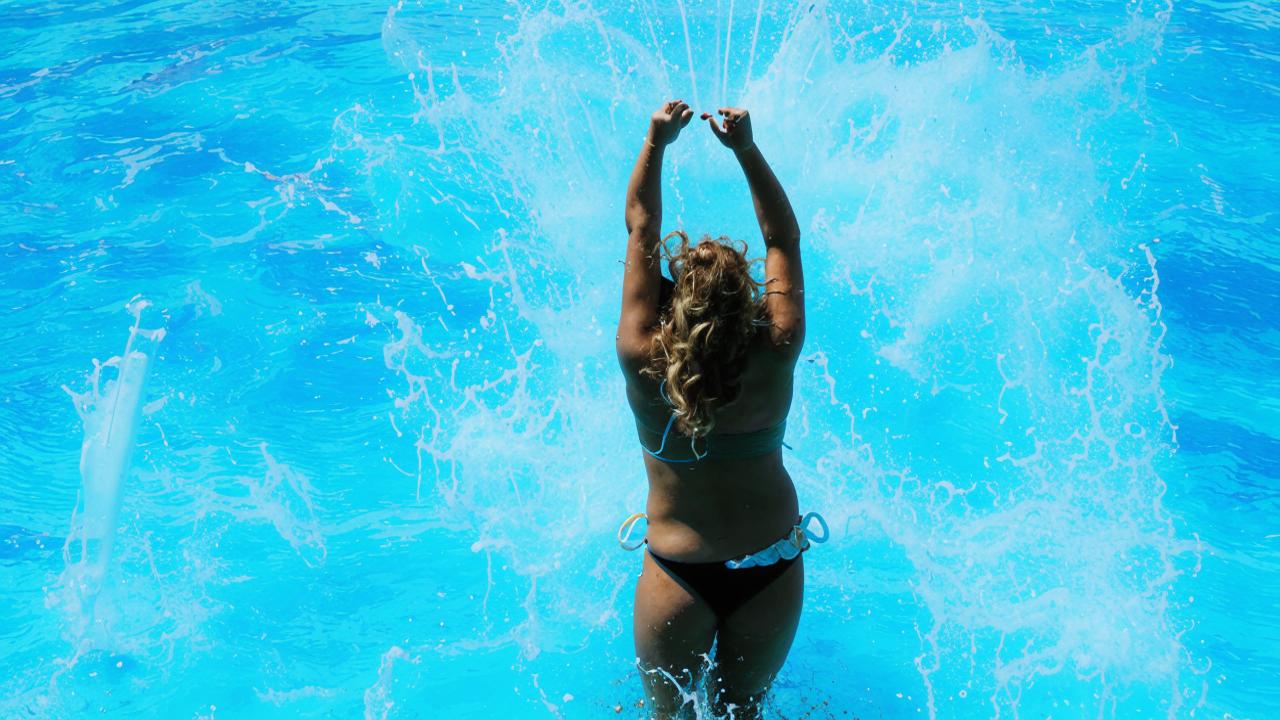
Alla Shishkina
– Which competitions have become milestones for you?
– The very first World Championships in Rome, because it was one of the biggest and decisive starts for me. After all, if you got to such a big event, got with the national team and managed to help bring a medal to the country’s piggy bank, then you are already starting to feel confident that you are really anchored in the squad. And, of course, the Olympic Games in Rio and London. That was the limit of my dreams.
– How hard is it for you to work in a team?
– I am a team player. It is easy for me in a team, maybe it is because I have been training in a team since childhood. What I really like about synchronized swimming is that we have a very developed continuity of generations. The younger ones always listen to the older ones, and the older ones are always ready to help with advice or something else. Respect is the basis of working in a big team.
– Are there any sports you like besides synchronized swimming?
– This year I tried snowboarding. I am a bit of a coward in terms of extreme sports, because, of course, I am afraid to fall, to get accidentally some injuries or, what is worse, to break something – I can not do it. That’s why I got up on the board very carefully. But in general, I am open to everything new!
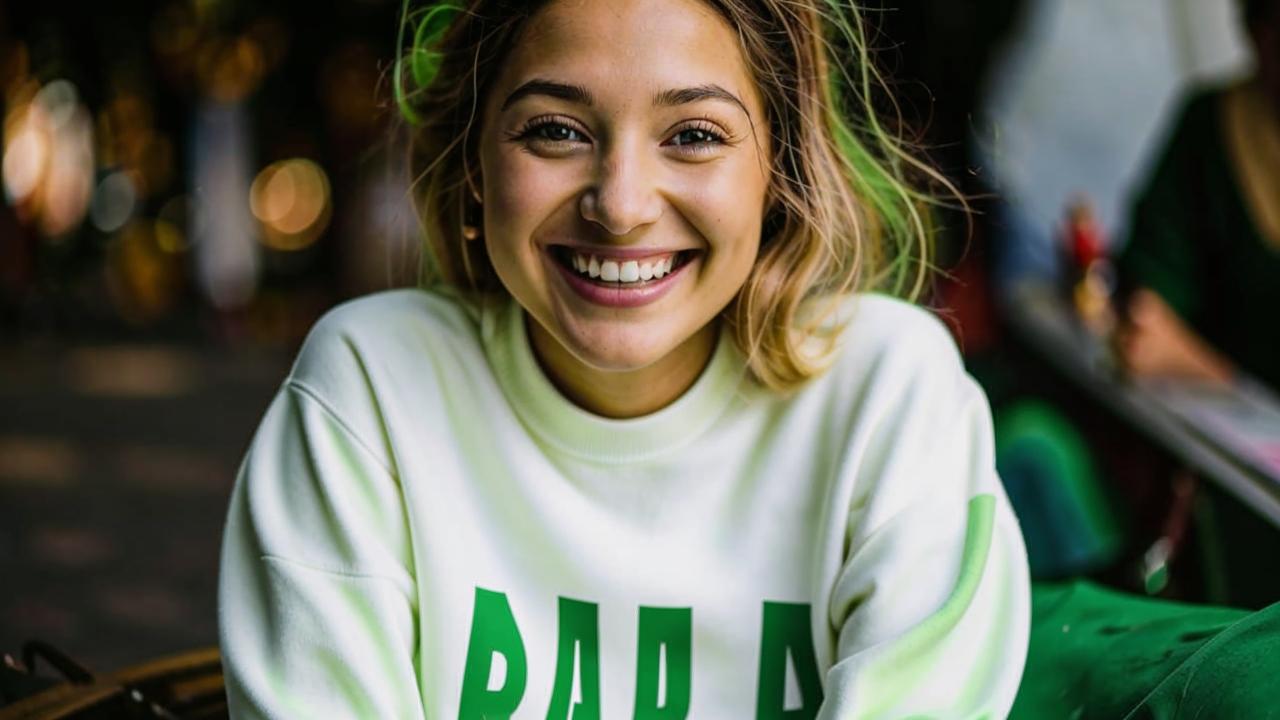
Alla Shishkina
– What can you advise a person who does not dare to start doing sports/running in the morning/going to the gym?
– You need to overcome your laziness. I know from my own experience that this is the hardest thing to do, especially if you have never done it and all your thoughts are in the clouds. The first step is always the hardest and most important decision. To do something and achieve something in it you need to understand why and for what you are doing it. Sport is not just for fun.
Makeup: Elena Lobanova.
We express our gratitude for the help in conducting and organizing the shooting of Welness club “Nebo”.

